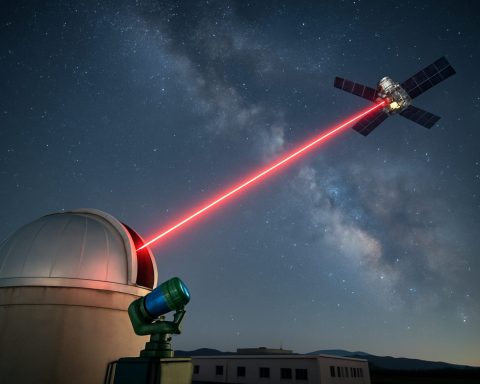
Self-Supervised Learning
Self-Supervised Learning (SSL) is a type of machine learning approach where the model learns to predict part of the input data from other parts, using the data itself as its own supervision. In contrast to traditional supervised learning, which relies on labeled data, self-supervised learning generates labels from the input data without requiring manual annotation. This process typically involves creating auxiliary tasks or predictive objectives based on the inherent structure of the data, such as predicting the next word in a sentence or filling in missing parts of an image. SSL has gained popularity due to its ability to leverage large amounts of unlabeled data, making it particularly useful in scenarios where labeled data is scarce or expensive to obtain. The learned representations from self-supervised learning can improve performance on various downstream tasks, such as classification or detection, often serving as a foundation for supervised learning models.




